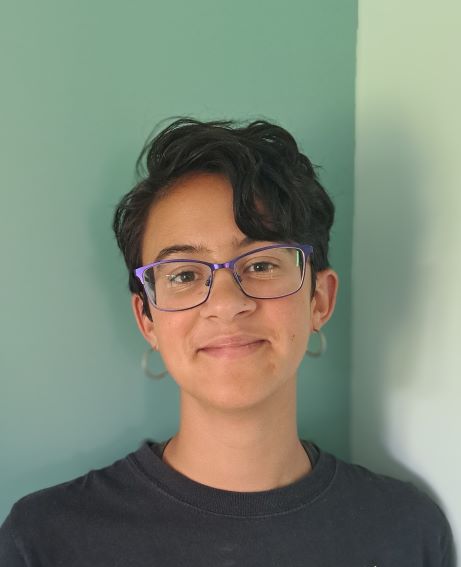In recent times, there has been a lot of discussion about terms that are no longer culturally appropriate, or politically correct, or just plain offensive. Why shouldn’t we use these terms, and what are they?
There are a lot of different terms that aren’t appropriate to continue using, and a lot of different opinions about whether they should still be used or not. Due to these factors, I won’t be able to include every term. However, I will do my best to include as many as I can!
Spooky: One of the common adjectives used to describe Halloween is Spooky. However, it’s not a culturally appropriate word to use. It has a history as being an anti-Black slur when white soldiers began calling fellow Black soldiers ‘Spooks’. Words to use instead: “creepy, scary, or frightening”.
Black Sheep: The expression “Oh, they’re the black sheep of the family” is used often. It’s a negative expression, the ‘Black Sheep’ is often scorned for being ‘different’. This just continues the old segregation argument that Black people are completely different from white people so they should be scorned for it. Even if the ‘black sheep’ you’re talking about doesn’t have darker skin, the deeper meaning is still the same. Negatively calling someone out for being different than you is never a good thing but if you’re doing it in a positive way, just say “different”.
Savage: Savage has kind of become a synonym for brutal or intense. However, that word has a history of being used by European colonizers and settlers to describe the Indigenous Peoples. It’s a term coined to put down Indigenous Peoples because their culture isn’t European and therefore, according to the colonizers, “savage”. Words to use instead: “brutal, uncivilized, or intense”.
Lame: Pretty much EVERYONE is using that word now. It’s a fun word, however a long time ago, and maybe even still now, that was the term for people who have a mobility impairment. So using that in a negative way can be offensive considering that it was used to describe a group of people who aren’t bad in any way! The same goes for the word dumb, but for people with a hearing impairment. Words to use instead: “boring, ridiculous”.
Let’s have a powwow: Let’s have a powwow can be used as a synonym for “Let’s have a party!”. However, a powwow is a sacred ceremony for a lot of Indigenous Nations. It would be like comparing Christmas, Eid-al-fitr or Easter to a party. Honestly, you could just call it a party or meeting.
Slave: Saying that people were slaves sort of undermines that they were also people. It’s better to say people who were enslaved, or enslavement. It’s also better not to say “I was slaving away yesterday!” if you were working on math homework. This is because there were actual people who were born, lived, and died never knowing anything other than abuse and terrible non-stop work at the hands of people who ‘owned’ them. Breaking free took centuries, and the effects still show up in systemic racism today.
Ladies and Gentlemen/Sir and Madam: This is a very respectful way to address someone, and it is still very useable if you know someone’s gender identity for sure. But, if you called someone who doesn’t identify with either gender sir or madam, this can be really offensive. Sharing your own pronouns when you introduce yourself (Hi, my name’s Zara! My pronouns are they/them, what are yours?) before calling someone sir or madam can keep those offences from happening. Same with addressing a room full of people. Saying ladies and gentlemen can be hurtful for someone who doesn’t identify with either binary gender. You could say something like “Good afternoon folks/everyone/friends.” If you are unsure about what honorific to use for a person who doesn’t identify with either of the binary genders, using Mx. (as in Mx. Jones pronounced mix) is probably a safe bet. Asking someone what honorific they prefer is still a good thing to do though!
Why shouldn’t we use these terms anyway? Using terms like the ones outlined above can have unintentional consequences. People who are in marginalized communities face a lot of discrimination. A big part of that discrimination are the things people say and do that they are unaware of. Things such as using these terms, or not taking the time to learn someone’s pronouns.
Suicide rates for marginalized communities are higher, and a lot of people see folks from marginalized communities as threatening. Not being able to be your authentic self in public makes life a lot harder. Using words that don’t have the risk of offending people is doing your part in helping to make the world a more accepting place, and make people feel safe around you. People in marginalized communities deserve just as much respect as someone who isn’t in one.
Zara Zrudlo is a homeschooled, fourteen year old resident of Kemtpville. They love writing, art, acting, reading and anything to do with music. Ever since they were little they’ve cared a lot about activism and social justice, and hoped to make a difference in the world. Zara has written two and a half novels, and ran a newspaper for their friends and family for three years. They love hanging out with their dogs and chickens and spending time imagining having dinner with various book characters.


